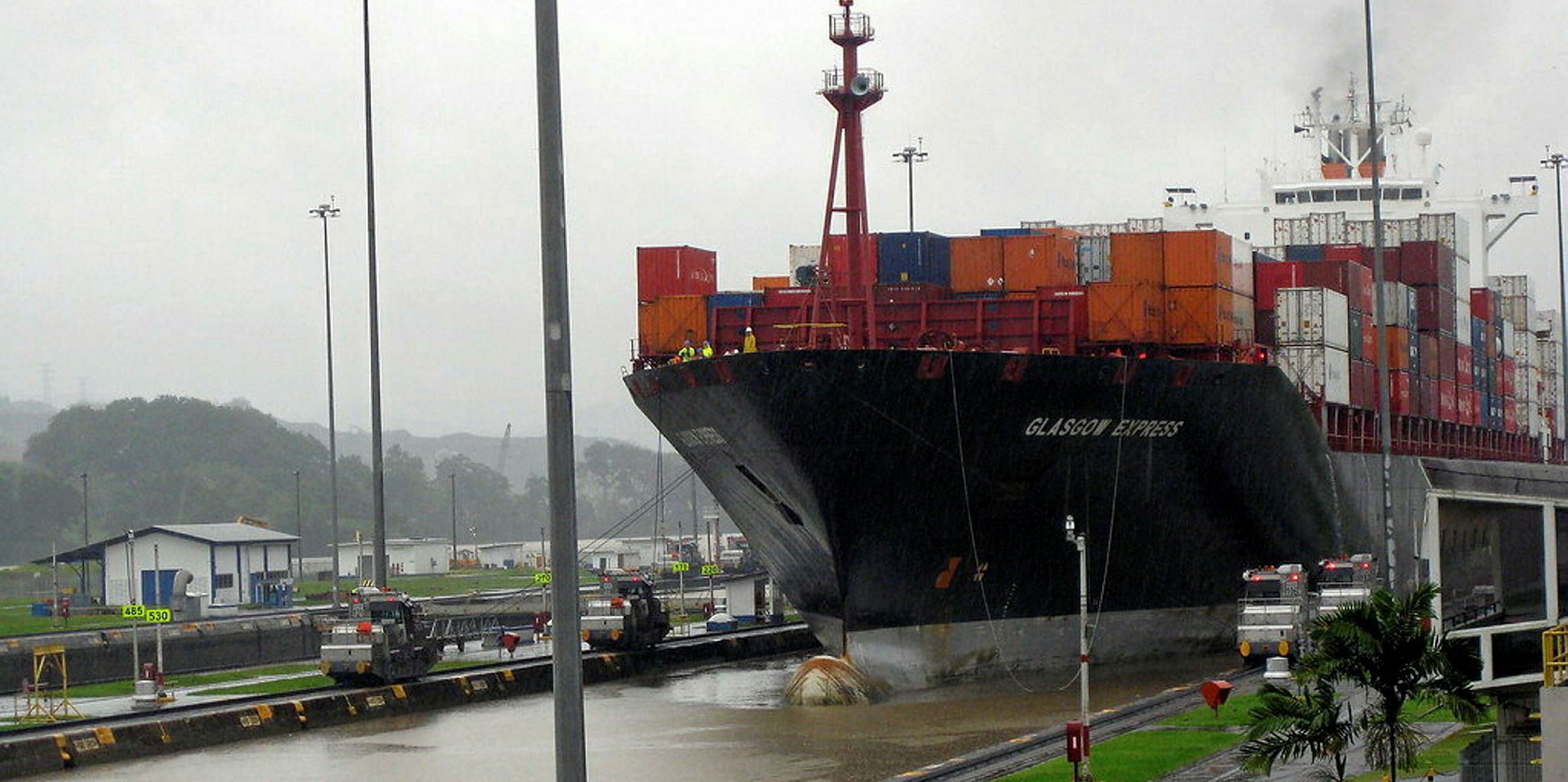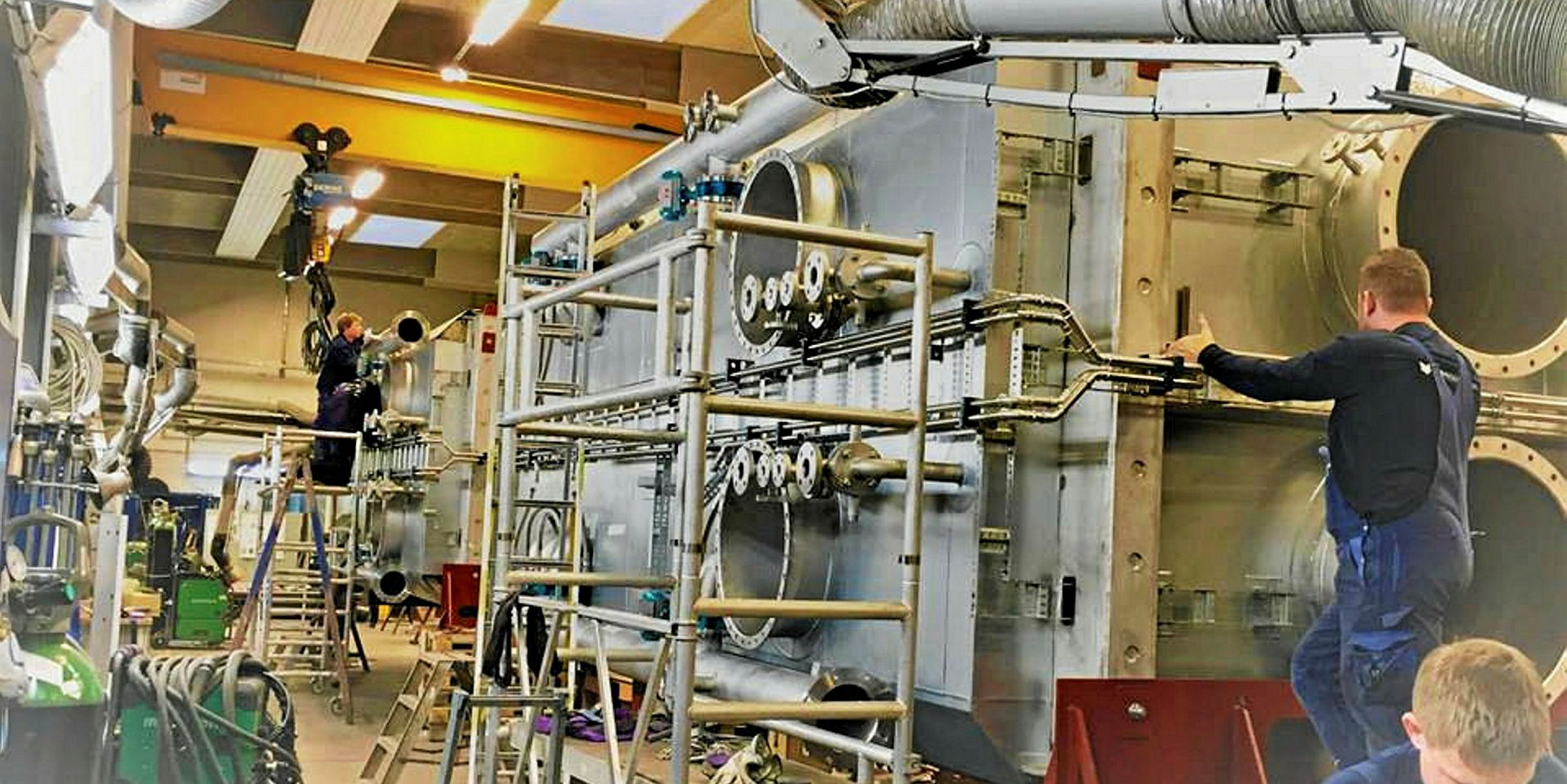Clean Shipping Alliance 2020 (CSA 2020) executive director Ian Adams believes high-sulphur fuel oil will remain in plentiful supply for as long as older refineries in Europe continue to operate.
That is because it will be uneconomical to upgrade these refineries to be able to break down the residual fuels with 3.5% sulphur content, even as the IMO 2020 regulation is set to ban the fuel on ships starting on 1 January unless they install exhaust gas scrubbers.
Incompatibility issues
At the same time, the head of the scrubber advocacy group warned that incompatibility of low-sulphur fuel oils from around the world could be a major issue.
“We have had incompatibility issues with residual fuels for years," Adams said. "Anyone operating on these [new] fuels that does not take a cautious approach will be a bit foolhardy if they take it that they are definitely compatible.”
However, Adams is hopeful that 1 January 2020 will not bring the kind of problems that were faced in 2006.
"It was a disaster when we switched to 1.5% sulphur fuels: we had sludging all over the place," he said. "We have got better at managing these issues and so hopefully 2020 will be like the 2000 Millennium Bug, where all the computers in the world were going to stop, but didn’t.”
Adams, like Poul Woodall of DFDS, believes black carbon and particulates emissions are likely to be regulated in the future, and so sees a role for scrubbers in cleaning harmful emissions from low sulphur and potential future fuels.
Although the CSA 2020 has been focused on scrubbers until now, Adams accepts it could expand its remit in future to the wider issues of greenhouse gas (GHG) and other pollutant emissions.
The former director of the International Bunker Industry Association is not a fan of LNG, believing the potential for methane slip could make it a worse contributor to GHG emissions than HSFO.
He also said shipping will have to adopt market-based measures, such as a carbon levy, to address GHG emissions.
However, he said he sees it as “a stepping stone that helps understand the use of compressed low-temperature fuels that could potentially be low carbon in the future”.
He added that ammonia in liquid form is probably easier to use than hydrogen as the gas has a higher volume.






